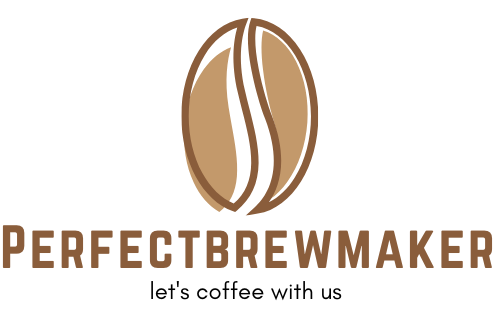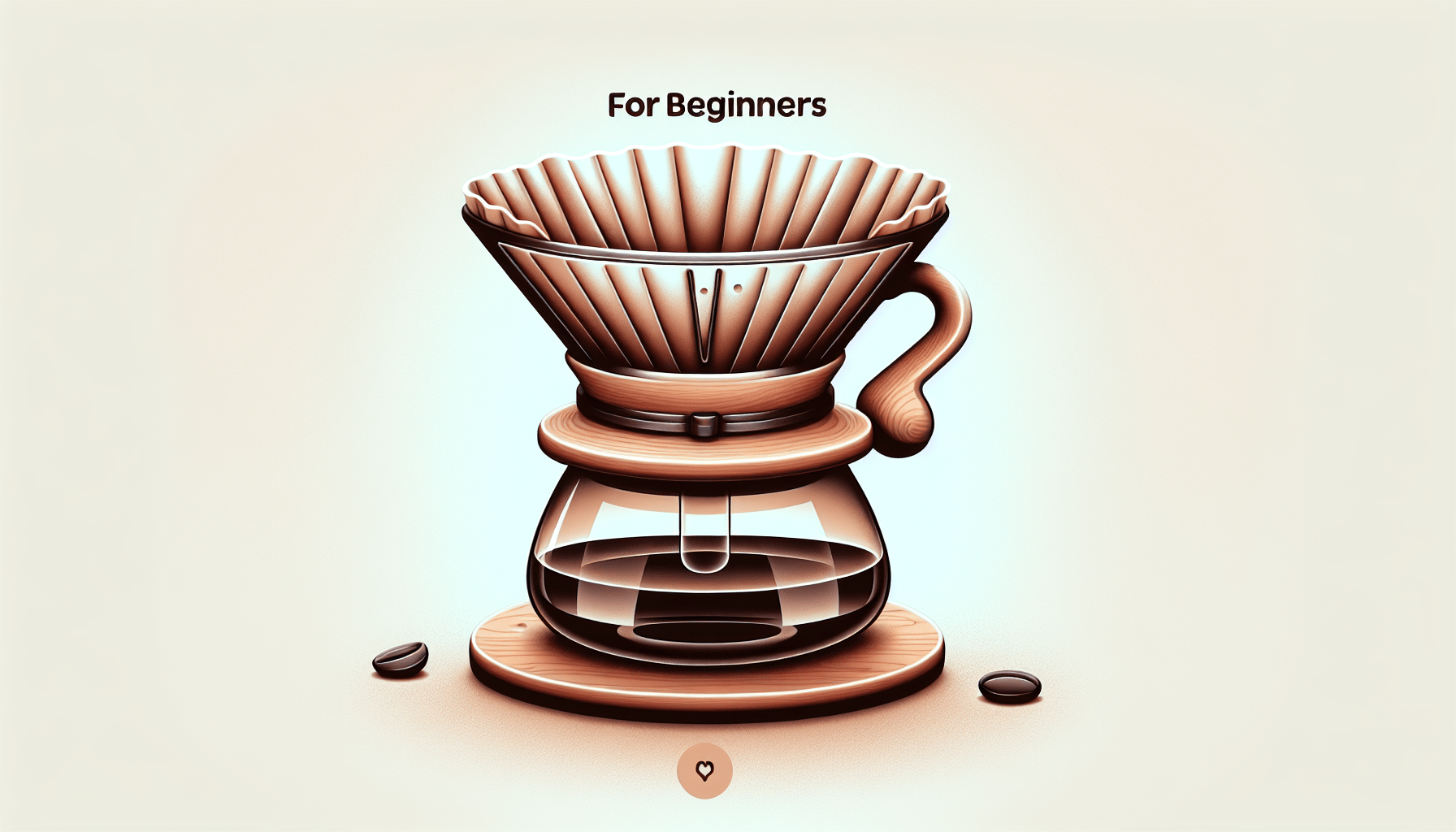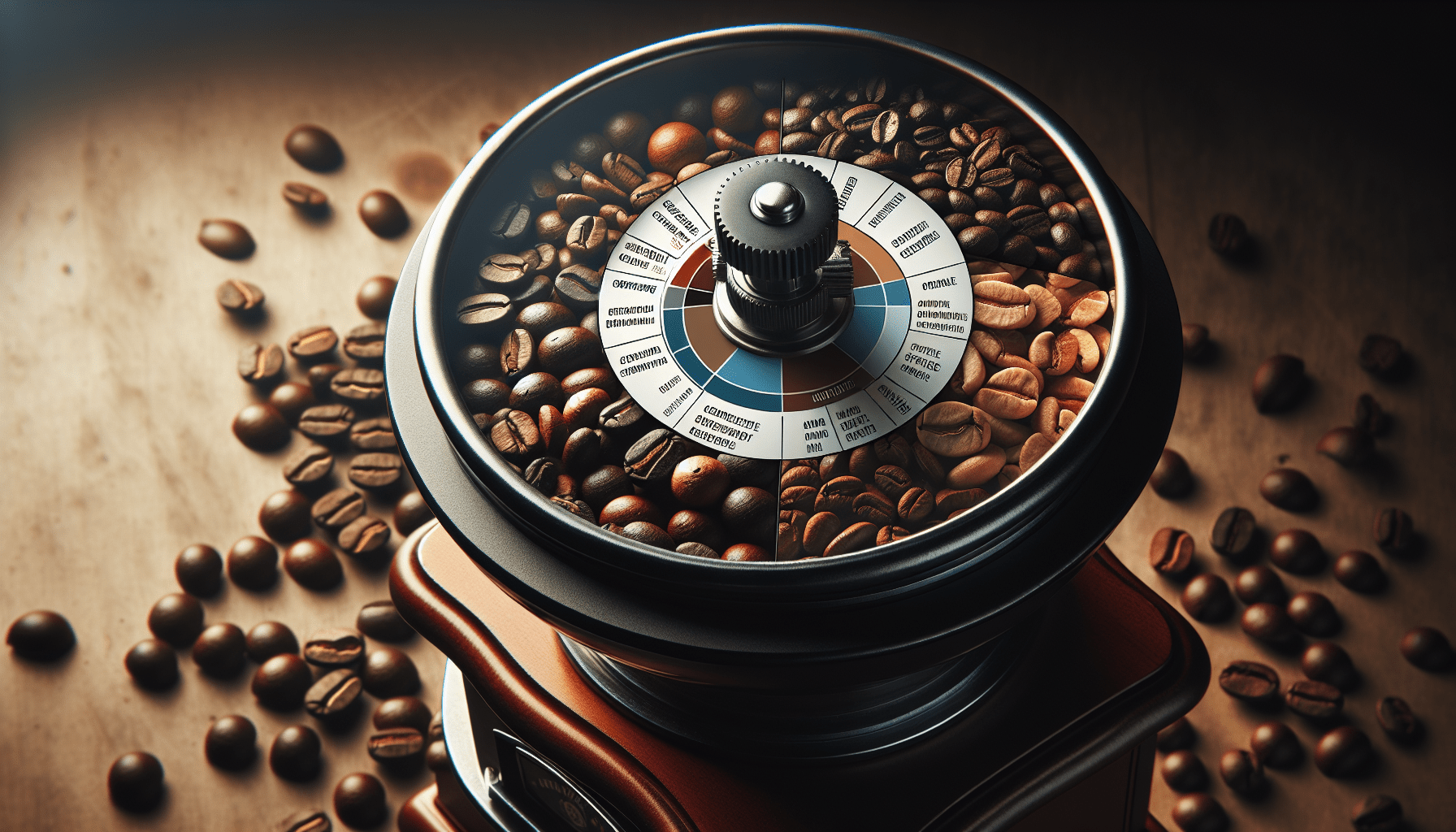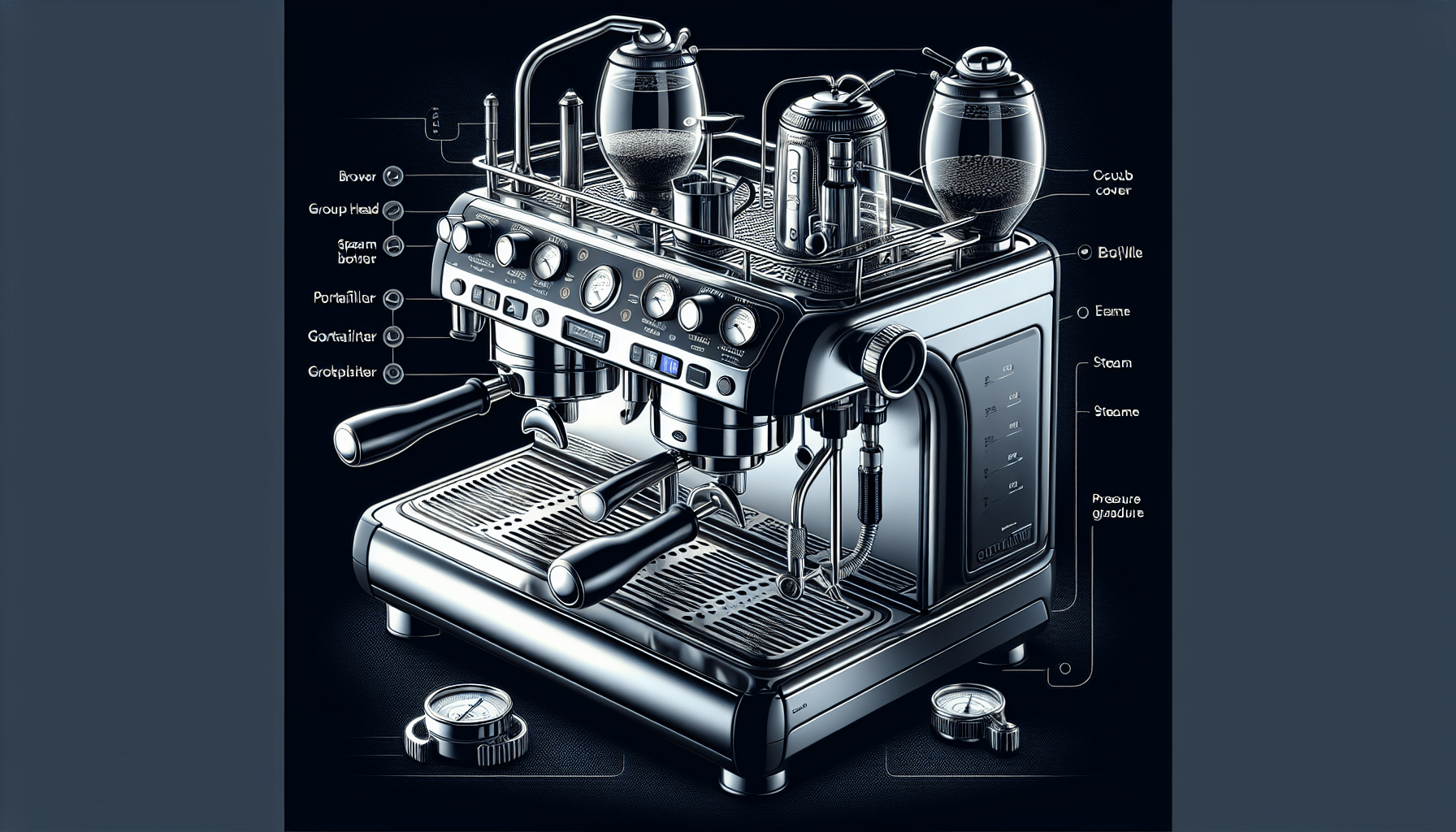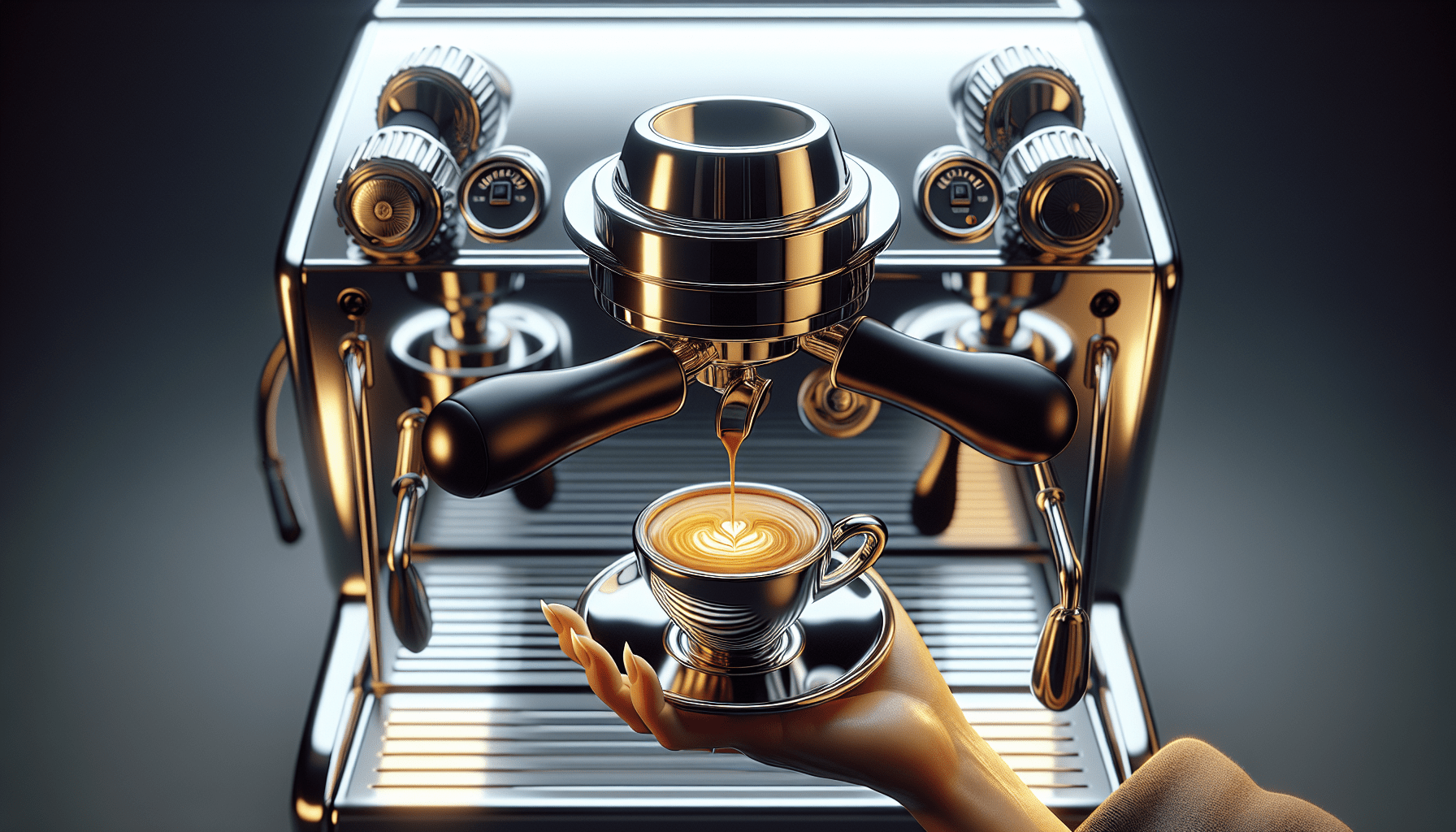When it comes to perfecting your at-home espresso brewing, one important factor often overlooked is the quality of water used. To ensure the best flavor and longevity of your semi-automatic espresso machine, it is advisable to invest in a reliable water filtration system. By removing impurities and minerals that can impact taste and clog your machine, a recommended water filtration system will not only enhance the flavor of your espresso but also extend the lifespan of your beloved appliance. In this article, we will explore the ideal water filtration system for a semi-automatic espresso machine and discuss its benefits in enhancing your coffee experience.
Type of Water Filtration System
When it comes to choosing a water filtration system for your semi-automatic espresso machine, you have several options to consider. The three main types of water filters that are commonly used for this purpose are inline water filters, countertop water filters, and under sink water filters. Each type has its own advantages and disadvantages, so it’s important to understand your needs and preferences before making a decision.
Considerations for Choosing a Water Filtration System
Before delving into the specific details of each type of water filtration system, let’s explore the key factors you should consider when making your choice.
Water Quality
The quality of the water in your area should be the starting point for your decision-making process. Different water sources have varying levels of contaminants, such as chlorine, lead, and other impurities that can affect the taste and overall quality of your espresso. Before investing in a water filtration system, it’s a good idea to have your water tested to get a clear understanding of its composition.
Filter Lifespan
Another crucial consideration is the lifespan of the filter. The longevity of a filter varies depending on the type and brand. Some filters may last a few months, while others can serve you well for up to a year. Assessing the replacement frequency will help you estimate the long-term cost and maintenance requirements of the system.
Installation and Maintenance
Consider the ease of installation and ongoing maintenance before making a decision. Some systems require professional installation, while others can be easily set up by the user. Additionally, water filters generally require periodic maintenance, such as filter replacements or cleaning. It’s important to factor in this aspect as it may affect the overall convenience and time commitment required to keep your water filtration system functioning optimally.
Cost
The cost of a water filtration system can vary significantly depending on the type, brand, and included features. Carefully evaluate the upfront and long-term costs of each option to ensure it aligns with your budget. Remember to also consider any additional costs, such as filter replacements or professional maintenance services.
Now, let’s take a closer look at each type of water filtration system to help you make an informed decision.
Inline Water Filters
Description
Inline water filters are installed directly into the water supply line that feeds your espresso machine. They are designed to remove impurities and unwanted contaminants from the water, offering a reliable filtration solution.
Advantages
Inline water filters provide an efficient and space-saving filtration solution. By connecting directly to the water supply line, they ensure that the water coming into your espresso machine is clean and filtered. These filters are usually compact in size, making them suitable for installations with limited space.
Disadvantages
Despite their many advantages, inline water filters may have limitations depending on the specific model and quality of water in your area. Some inline filters may not be as effective in removing certain contaminants, so it’s important to choose a filter that is appropriate for the specific impurities present in your water source.
Recommended Inline Water Filters
Some popular inline water filters that are often recommended for use with semi-automatic espresso machines include the Everpure H-300, Culligan IC-EZ-1, and Watts Inline Water Filter. These filters are known for their high filtration effectiveness and durability.
Countertop Water Filters
Description
Countertop water filters are standalone units that can be placed on your kitchen countertop or any other convenient surface. They are connected directly to your faucet using a hose or diverter valve and provide an accessible filtration solution.
Advantages
Countertop water filters offer ease of installation and portability. They can be quickly attached to your faucet without the need for specialized tools or professional assistance. These filters are also easily portable, making them a great choice if you move frequently or want the flexibility to bring your water filtration system with you when traveling.
Disadvantages
One potential drawback of countertop water filters is the countertop space they occupy. Depending on the size and design of the filter, it may take up valuable kitchen counter space. Additionally, these filters may have a lower flow rate compared to inline filters, which could affect the speed at which water is delivered to your espresso machine.
Recommended Countertop Water Filters
Some popular countertop water filters that are often recommended for use with semi-automatic espresso machines include the Berkey Countertop Water Filter, Aquasana AQ-4000W, and Big Berkey Gravity-Fed Water Filter. These filters are known for their reliable filtration capabilities and user-friendly features.
Under Sink Water Filters
Description
Under sink water filters, as the name suggests, are installed beneath your kitchen sink. They are connected to the cold water line and provide an out-of-sight filtration solution.
Advantages
Under sink water filters offer the benefit of minimal visual impact. By being installed under the sink, they remain discreet and do not take up any countertop space. These filters also usually have a higher flow rate compared to countertop filters, providing a quicker supply of filtered water to your espresso machine.
Disadvantages
One potential drawback of under sink water filters is the need for professional installation. Unlike countertop filters, under sink filters often require plumbing knowledge and proper installation to ensure they function correctly. This may increase the initial installation cost and complexity compared to other types of filters.
Recommended Under Sink Water Filters
Some popular under sink water filters that are often recommended for use with semi-automatic espresso machines include the APEC Essence Series Reverse Osmosis Water Filter System, Aquasana OptimH2O Reverse Osmosis Water Filter System, and Filtrete Maximum Under Sink Water Filtration System. These filters are known for their superior filtration capabilities and reliable performance.
Additional Considerations
In addition to the main types of water filtration systems, there are a few other considerations that you may want to keep in mind when choosing a filter for your espresso machine.
Water Softening
If you live in an area with hard water, you may want to consider a water filtration system that also includes a water softener. Water softeners help reduce the levels of minerals, such as calcium and magnesium, that can cause scale buildup in your espresso machine.
Reverse Osmosis
Reverse osmosis filtration systems are known for their efficiency in removing a wide range of contaminants from water. If you are concerned about the presence of specific impurities, such as heavy metals or chemicals, a reverse osmosis system may be worth considering.
Mineral Enhancing Filters
Some water filters, particularly those designed for brewing coffee and espresso, offer mineral enhancement features. These filters aim to balance the water’s minerals to ensure optimal extraction and taste. If you are a coffee connoisseur looking to enhance the flavor profile of your espresso, this type of filter may be worth exploring.
Conclusion
Choosing the right water filtration system for your semi-automatic espresso machine is crucial to ensure the best possible taste and quality of your brewed beverages. When making your decision, consider the specific factors discussed above, such as water quality, filter lifespan, installation and maintenance, and cost. Inline water filters, countertop water filters, and under sink water filters all have their unique advantages and disadvantages, so choose the one that aligns with your preferences and requirements. Additionally, keep in mind any additional considerations, such as water softening, reverse osmosis, or mineral-enhancing filters, to further enhance your espresso experience. With the right water filtration system in place, you can enjoy delicious and flavorful espresso every time you brew.
